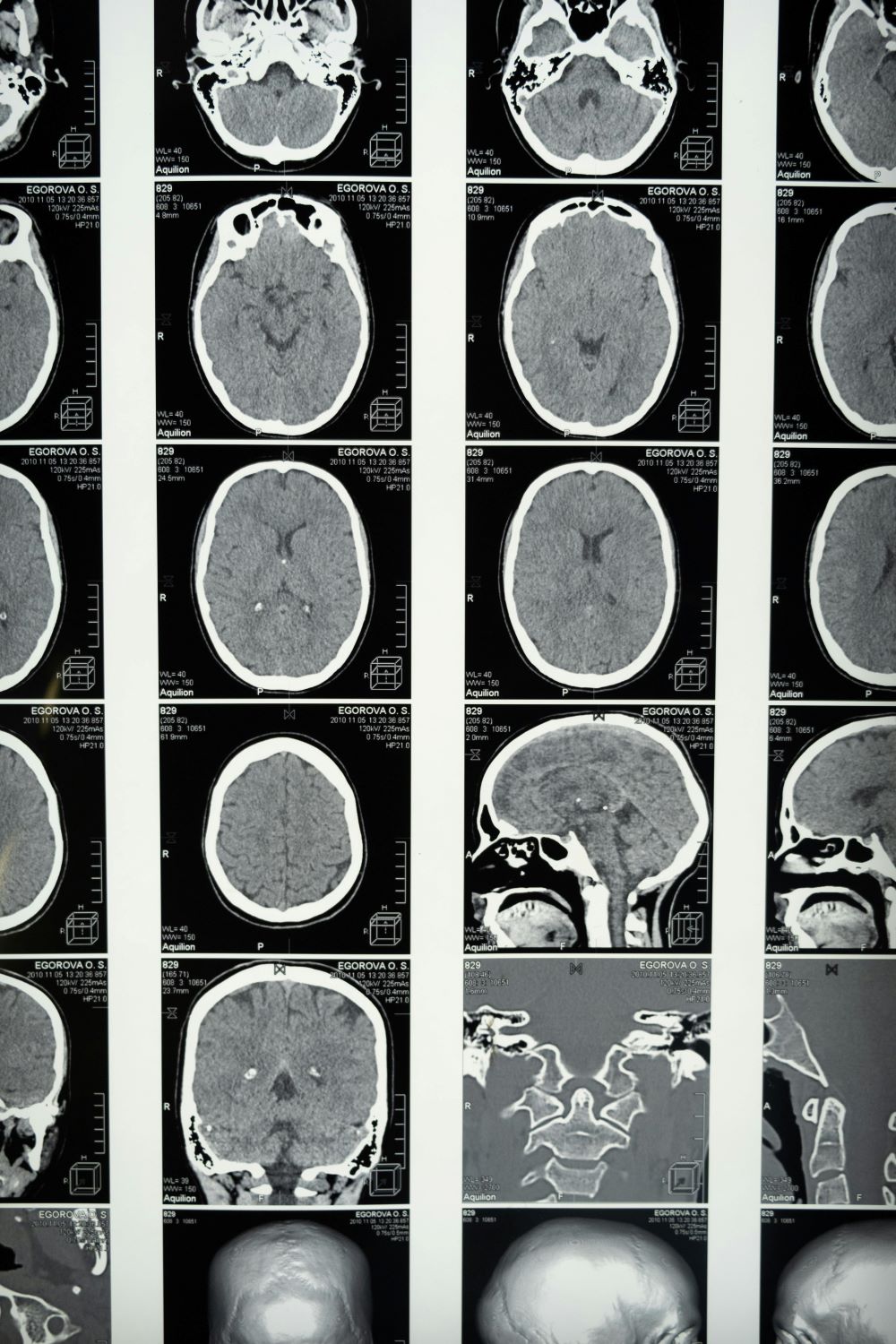Scientists find DNA sequences hold the key to improving diagnosis and treatment.
Researchers at the Icahn School of Medicine at Mount Sinai recently identified a novel genetic variant that could significantly enhance diagnostic precision and open new avenues for treatment for those with intellectual disabilities, which currently affect approximately 6.5 million people in the U.S., with roughly 1 in 10 families directly impacted. These conditions can limit educational, social, and employment opportunities, and often require lifelong healthcare interventions.
Published in Nature Genetics, the study focused on the role of tandem repeats in human intelligence. Tandem repeats are DNA sequences where a specific pattern of nucleotides is repeated, sometimes disrupting gene functions when expanded beyond a normal range.
Dr. Andrew Sharp, a professor at Mount Sinai and the study’s lead author, compared these tandem repeats to repetitive sentences in the human genome. If repeated too many times, they interfere with the body’s genetic instructions, potentially leading to developmental and cognitive challenges. Sharp homed in on a specific tandem repeat expansion within the AFF3 gene, which has been linked to educational attainment, finding that this particular repeat expansion could explain up to 0.3 percent of cases of intellectual disability.
The team used a phenome-wide association approach, which connects genetic variations to various human traits, revealing the broader significance of tandem repeat expansions. Using cutting-edge DNA methylation profiling and genotyping, they found that an expansion of guanine (G) and cytosine (C) bases (forming a GCC sequence) was specifically linked to intellectual disabilities.

Although the study only focuses on a limited number of repeat expansions, the human genome is filled with hundreds of thousands of these repeating sequences, many of which could have a similar impact on disease development. Future research aims to delve deeper into the effects of these expansions, enhancing the scope of diagnostic tools available for intellectual disabilities and related conditions.
By identifying the expansion of these repeat sequences within the AFF3 gene, researchers have made important strides in better understanding the genetics behind intellectual disability, in general, which can pave the way for more advanced testing methods that can detect such genetic variations earlier, improving the quality of life for affected individuals through timely interventions. The use of DNA methylation profiling also draws attention to the increasing role that epigenetics (the study of changes in gene activity without altering the genetic code) will likely play in future research on cognitive disorders.
As Dr. Sharp points out, the role of tandem repeats in human genetics has been somewhat underappreciated until now. With this new understanding, researchers can explore a wider array of genetic disorders that may have previously gone undiagnosed or misdiagnosed due to limitations in traditional testing methods.
In the coming years, Mount Sinai’s team plans to further investigate tandem repeat expansions within the human genome. As this research progresses, it could uncover even more about how these genetic features contribute to not only intellectual disabilities but also broader public health concerns. With this information, genetic testing could become far more advanced and able to identify conditions that have long been mysterious to medical professionals and patients alike.
Sources:
Study uncovers novel genetic variant associated with intellectual disability


Join the conversation!